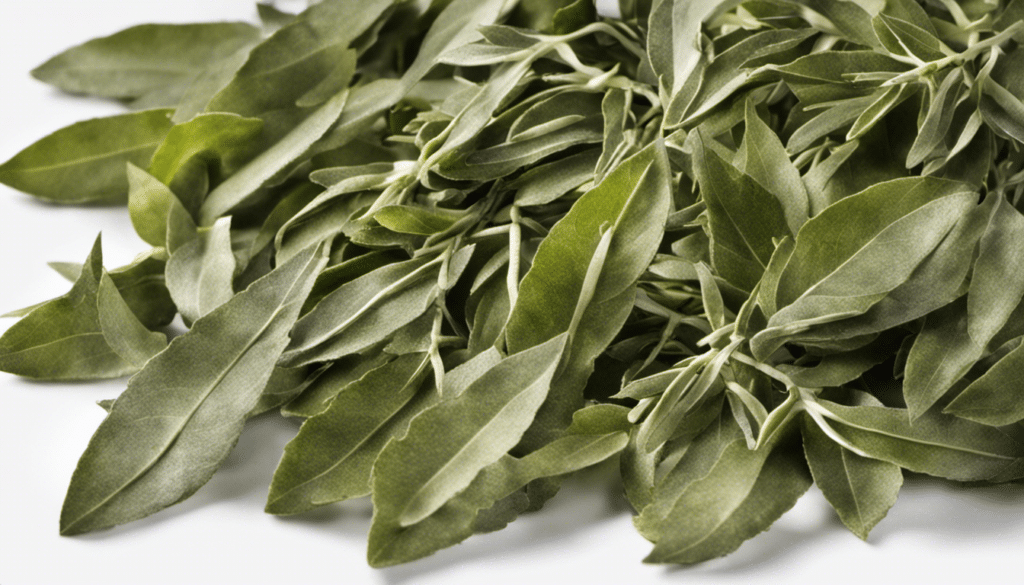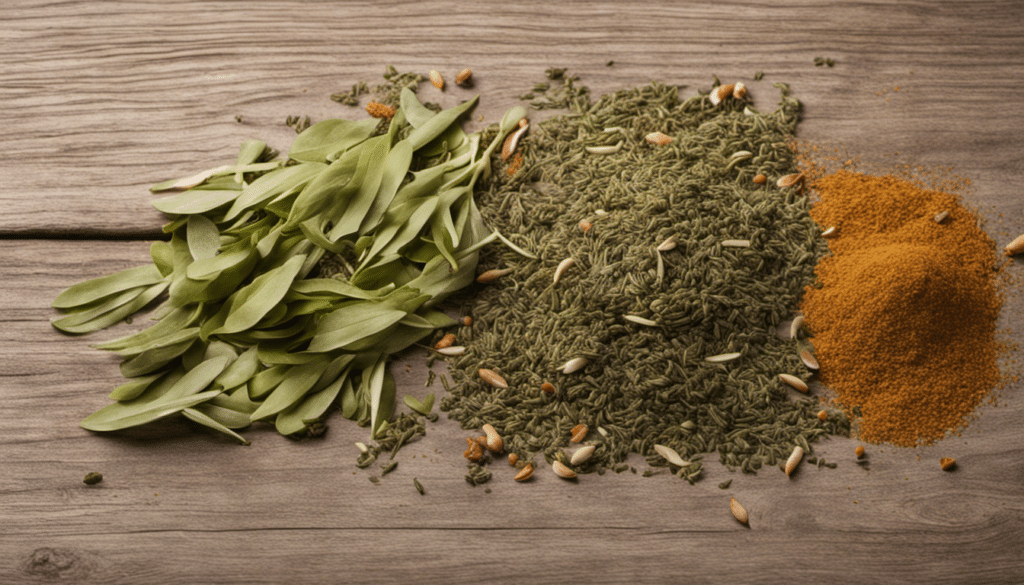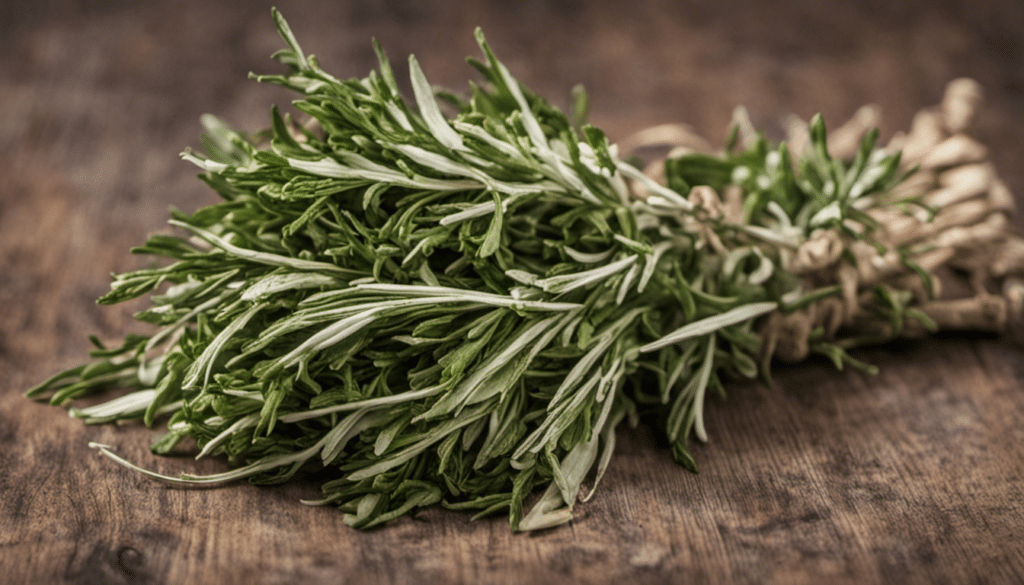Everything You Need to Know About Silphium
As a keen gastronome, you have probably encountered numberless types of herbs and spices. Nonetheless, there are still those hidden gems in the world of fragrant flavors that are waiting for you to discover. Today, we direct the spotlight towards one such rare treasure: Silphium.
The Origins of Silphium
Silphium, also acknowledged as Laser, is a plant believed to originate from the region of Cyrenaica in modern-day Libya. Its seeds were considered so valuable, they were featured on ancient Greek and Roman coins. The Britannica delves into more detail into this plant’s rich history.
This plant was so appreciated that it was gathered almost to extinction during ancient times. In fact, today we only know about Silphium through historical texts and artifacts as its exact genetic identity remains a mystery. Though there are theories suggesting that it was a species of giant fennel, the precise identity and characteristics of Silphium are still today’s culinary enigma.
The Flavor and Cuisine Uses of Silphium
The flavor of Silphium was cherished by ancient chefs. It was described as having a piquant taste with warm, earthy undertones, a somewhat fascinating blend of celery, anise, and a trace of sweetness. Adding Silphium to dishes gave them a culinary boost that made the dishes more delicious and irresistible.
The ancient Romans used Silphium in their daily cooking, and it was particularly popular as a seasoning alongside cumin. Find out more about how this spice was utilized in the ancient Roman kitchen.
Health Benefits of Silphium
Being prized not only for its taste, Silphium was acclaimed for its health benefits too. As per historical accounts, the plant was stated to have various medicinal benefits, from soothing sore throats to serving as a potent cure for various ailments. The scholars of JSTOR have dived deeper into its medicinal use in ancient times.
The plant was thought to possess digestive properties and was used to treat a range of digestive disorders. It was also linked to heart health and was supposedly used to protect against heart disease. However, as the true identity of Silphium remains uncertain today, so do its health benefits.
Through centuries and civilizations, the tale of Silphium continues to captivate the minds of chefs and gastronomes around the world. From its origins in ancient Libya to its reputed culinary and health benefits, the aura of the spice contributes to its undying allure. So next time you cook up an ancient recipe, remember the mystical Silphium and the aroma it once brought into many a Roman kitchen.




